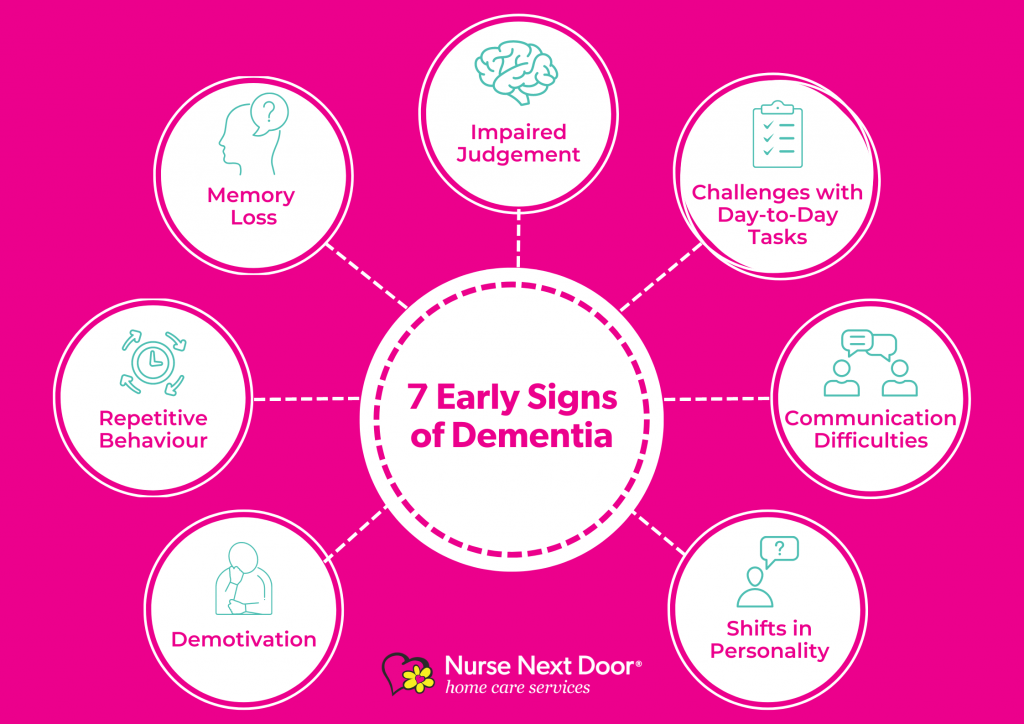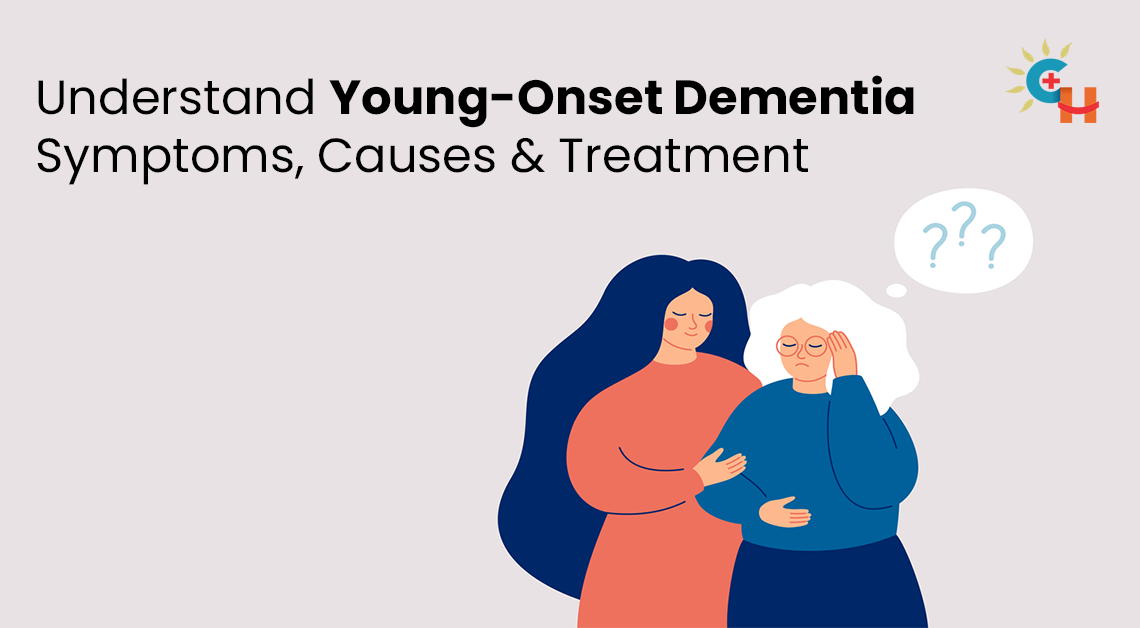A Step-by-Step Guide to Managing Fall Risk in Dementia Care
A Step-by-Step Guide to Managing Fall Risk in Dementia Care
Blog Article
Recognizing the Influence of Mental Deterioration on Daily Life and Caregiving
Mental deterioration influences everyday life in extensive means, affecting not simply those identified yet likewise their caregivers. As cognitive decrease proceeds, you could notice changes in interaction and regular that obstacle both parties.
The Stages of Dementia and Their Impacts on Every Day Life
As you browse the journey of dementia, understanding its phases can noticeably affect just how you take care of day-to-day life. Dementia normally advances through 3 major stages: early, middle, and late.
During the center stage, you'll experience more noticeable cognitive decline. Daily tasks may come to be challenging, and preserving your self-reliance may require adjustments. Making use of suggestions and streamlining your atmosphere can help.
In the late phase, individuals commonly need substantial aid with everyday activities. Planning for treatment ends up being vital, concentrating on convenience and top quality of life. By comprehending these stages, you're better furnished to respond proactively, guaranteeing you or your liked one can browse the challenges with dignity and elegance.

Adjustments in Communication and Social Communication
Exactly how do modifications in communication influence your everyday communications as mental deterioration progresses? As mental deterioration advances, you might notice that basic conversations become difficult. Words might leave you, or you might have a hard time to discover the ideal phrases. This can bring about disappointment for both you and your enjoyed ones. Nonverbal signs, like motions or facial expressions, end up being significantly essential.
You may locate it less complicated to connect via these methods instead of relying solely on spoken language. Paying attention skills can additionally transform; you might find it tougher to keep in mind or adhere to conversations what was simply stated (Fall Risk). This can lead to misconceptions or feelings of isolation
Urging persistence and producing a supportive setting can assist. Taking part in activities that foster link, like music or art, can improve social communications. Keep in mind, maintaining partnerships is still feasible; it's almost adjusting to brand-new ways of interacting.
Influence on Daily Routines and Activities
While steering daily regimens, you'll likely notice that tasks you when completed effortlessly become much more challenging as dementia progresses. Straightforward tasks like cooking, dressing, or even bathing may require more effort and time. You might find yourself failing to remember action in acquainted routines or battling to recall where you put items. This can lead to irritation not simply for you, but additionally for those around you.
Preparation your day can feel frustrating, making it more difficult to stay with a routine. You might need tips for consultations or to take medications. Adjusting your environment can aid; as an example, identifying items or making use of checklists can streamline tasks. Involving in recurring, organized tasks can also give convenience and a sense of achievement. Bear in mind, it's okay to request assistance. Bordering on your own with encouraging good friends or family can make handling these adjustments a bit simpler.
Emotional and Behavior Challenges
Guiding with daily regimens can bring around not just functional difficulties, however also emotional and behavioral ones. You could observe modifications in state of mind, such as enhanced anxiety or aggravation, which can originate from confusion or trouble in finishing tasks. As you browse these minutes, it is crucial to recognize that your loved one may reveal their feelings through behaviors like frustration or withdrawal.
These psychological responses can be uncertain and might develop without caution, leaving you both feeling overwhelmed. You may discover that acquainted settings or routines can help in reducing stress and anxiety, yet keeping perseverance becomes substantial. It is essential to confirm their sensations, also if you don't totally understand them.
The Duty of Caregivers in Supporting Individuals With Dementia
As a caregiver, you play a necessary role in offering emotional assistance for individuals with dementia. Establishing everyday care regimens can produce a sense of stability and convenience, helping to relieve their stress and anxiety. By recognizing their needs and making use of effective methods, you can substantially enhance their quality of life.
Emotional Assistance Strategies
When caring for somebody with mental deterioration, recognizing the psychological landscape is essential for giving efficient support. Simple gestures, like holding their hand or maintaining eye call, can produce a sense of safety and security. Ultimately, don't forget to take treatment of your own emotional needs; seeking about his assistance for on your own can improve your capability to care for them.
Daily Treatment Routines
Developing day-to-day treatment routines is essential for giving stability and convenience to people with mental deterioration, as these routines can assist minimize confusion and anxiousness. You can start by laying out a consistent routine for dishes, activities, and remainder. This predictability assists your loved one really feel much more safe and secure and engaged.
Incorporate familiar jobs, like folding washing or watering plants, which can stimulate positive memories and promote a feeling of achievement. Use aesthetic hints, such as schedules or checklists, to guide them via the day.
Be adaptable, though; adjust routines as required based on their mood or power levels. Early Onset Dementia. Remember, your perseverance and understanding are important in navigating their changing needs, ensuring they really feel supported and valued throughout their daily life
Producing a Safe and Comfortable Living Environment
Developing a comfy and risk-free living atmosphere is vital for individuals with mental deterioration. You'll intend to make home safety and security adjustments that minimize risks and assure familiarity to give a sense of comfort. By concentrating on these elements, you can aid develop a room that supports both safety and security and health.
Home Safety Modifications
As you navigate the difficulties of mental deterioration, making home safety and security adjustments can significantly enhance convenience and protection. Begin by getting rid of tripping risks like carpets and clutter, assuring sidewalks are clear. Install grab bars in restrooms and non-slip floor coverings in the shower to avoid drops. Think about using brighter lights and evening lights to boost exposure, especially throughout nighttime. Label important locations, such as the restroom and kitchen, with clear signs to assist with alignment. Secure any sharp objects or poisonous materials out of reach. Furthermore, evaluate your home's alarm systems and locks to verify they're straightforward and supply satisfaction. These alterations not only advertise safety and security however also encourage self-reliance, enabling your enjoyed one to feel even more secure in their setting.
Comfort and Knowledge
After guaranteeing a secure setting with necessary modifications, cultivating comfort and familiarity is necessary for people with mental deterioration. Start by personalizing their space. Use acquainted colors, decorations, find out this here and pictures that evoke delighted memories. A favored covering or chair can supply a feeling of safety. Keep a regular routine to assist them feel based and decrease anxiety. Simple, familiar meals can additionally develop a reassuring ambience. Maintain pathways clutter-free and clear to stay clear of complication. Integrate soft illumination, as brilliant lights can be disorienting. Think about adding calming aromas, like lavender, to promote relaxation. Taking part in acquainted tasks, such as paying attention to songs or horticulture, can enhance their sense of belonging, making their living atmosphere a real sanctuary.
Techniques for Efficient Caregiving and Assistance
While navigating the difficulties of mental deterioration care can really feel overwhelming, implementing reliable approaches can significantly improve both the caretaker's and the patient's daily experience. Begin by developing a regimen; predictability assists minimize anxiety for both you and your enjoyed one. Use clear, straightforward communication-- direct inquiries and short sentences can stop confusion.
Do not fail to remember to take care of yourself; schedule breaks and attach with support teams. Sharing experiences with others in similar circumstances can supply important understandings and psychological alleviation.
Finally, remain individual and versatile. Dementia can bring unforeseeable modifications, so adapting your method is essential. By employing these approaches, you can foster an extra positive atmosphere that benefits both you and your liked one.
Frequently Asked Concerns

What Are the Different Types of Dementia?
You'll locate several kinds of mental deterioration, including Alzheimer's, vascular dementia, Lewy body dementia, and frontotemporal mental deterioration. Each kind affects memory and cognitive feature differently, so understanding the differences is necessary for appropriate diagnosis and care.
How Can I Assist Someone With Early-Stage Mental Deterioration?
You can help someone with early-stage dementia by being person, supplying support, and motivating them to participate in tasks they take pleasure in. Keeping regimens consistent and preserving open communication can additionally make a considerable distinction in their life.
Are There Financial Resources Available for Dementia Care?
Yes, there are financial resources offered for mental deterioration treatment. You can explore government aid programs, nonprofit organizations, and insurance policy options. It's also blog here a good idea to speak with regional agencies for particular resources tailored to your situation.
What Legal Factors To Consider Should Caregivers Understand?
As a caretaker, you must consider power of lawyer, healthcare proxies, and guardianship laws. It's important to recognize the legal civil liberties and duties you hold, guaranteeing your enjoyed one gets appropriate treatment and protection.
Just How Can I Handle Caregiver Stress?
You can manage caregiver anxiety by prioritizing self-care, seeking assistance from friends or teams, setting sensible assumptions, taking breaks, and practicing leisure methods. Remember, your health matters simply as long as the individual you're looking after.
Recognizing the Influence of Mental Deterioration on Daily Life and Caregiving.
As you browse the journey of dementia, recognizing its phases can noticeably impact how you take care of daily life.While navigating everyday regimens, you'll likely see that tasks you as soon as finished easily come to be more difficult as mental deterioration advances.Establishing daily treatment routines is necessary for offering stability and comfort to individuals with dementia, as these regimens can help decrease confusion and anxiety.While steering the difficulties of mental deterioration care can really feel frustrating, carrying out efficient methods can substantially improve both the caregiver's and the individual's daily experience.
Report this page